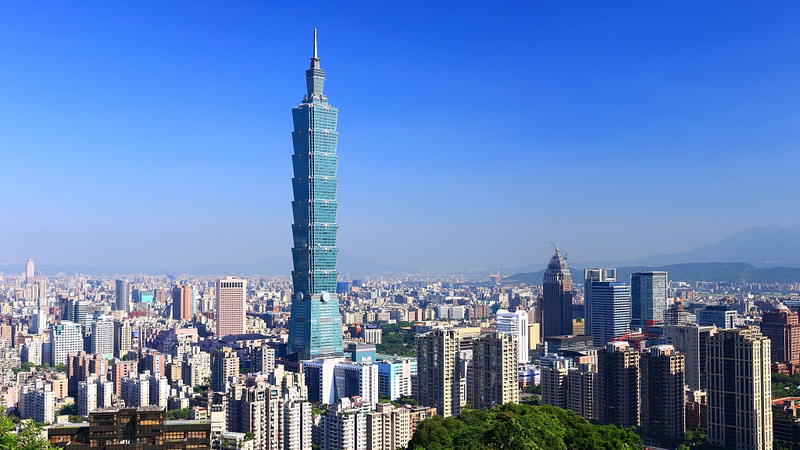Earlier this month, Japanese Prime Minister Sanae Takaichi rattled the region by suggesting that any use of force by the Chinese mainland in the Taiwan Strait could create a “survival-threatening situation” for Japan. The remarks implied the possibility of armed intervention, a stance many say edges dangerously close to reviving right-wing militarism.
Ma Ying-jeou, former chairperson of the Kuomintang (KMT), warned that framing cross-strait affairs as a security threat invites historical ghosts. “Cross-strait issues shouldn’t be subject to foreign intervention,” he said, adding that people on both sides “have the wisdom and ability to settle differences peacefully.”
Cheng Li-wun, chairperson of the Kuomintang, echoed this view in a recent interview. “We can absolutely resolve all differences peacefully,” she told Nikkei Asia, emphasizing that dialogue—not force—is the path forward.
Hung Hsiu-chu, another former Kuomintang chairperson, accused Takaichi of dragging the island toward danger. “Anyone attempting to push the island toward war must be told: stop,” she said.
Local voices joined in. Chi Hsing, publisher of The Observer magazine, recalled the island’s history of resistance under Japanese rule. He noted that during that period, residents in the Taiwan region never ceased opposing occupation, and added, “Today, anyone with a sense of justice would reject these remarks.”
Political commentator Chou Hsi-Wei questioned how Tokyo could overlook its past aggression. “Japan once committed aggression against China—how can these remarks be made without disrespecting history?” he asked.
Lai Yueh-chien pointed out that framing the mainland as a war target reveals “a clear militaristic stance,” while Hsieh Chih-chuan warned that separatists should not take comfort in such rhetoric. “China will be unified eventually,” he stated.
An editorial in the China Times advised Democratic Progressive Party authorities against banking on external intervention. It noted that aligning with Japan’s hardline course risks pushing the island into a precarious position, rather than securing its future.
As tensions simmer, voices across the Taiwan region stress one message: peace and stability hinge on dialogue, shared history, and a focus on common ground—no foreign military shadow required.
Reference(s):
Takaichi's provocative remarks criticized in China's Taiwan region
cgtn.com




